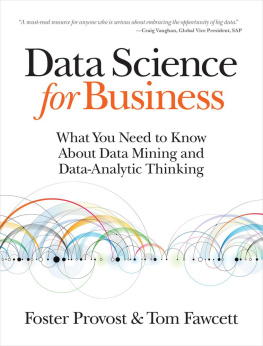Foreword
I met Mike Barlow a couple of years ago at an industry conference in New York. Our mutual interest in the Industrial Internet of Things (IIoT) has led to many interesting conversations, and I have observed some parallels in our experiences as authors.
We have both written about the convergence of key trends such as big data analytics, digital manufacturing, and high-speed networks. We both believe in the IIoTs potential to create new jobs, open new markets, and usher in a new age of global prosperity.
And both of us are glad he landed on the name Learning to Love Data Science for his book. He easily could have named it How Data Science Is Helping Us Build a Better, Safer, and Cleaner World.
Mike and I agree that information captured from machines, fleets of vehicles, and factories can be harnessed to drive new levels of efficiency and productivity gains. As much as I love data science, what I love even more is how it can unleash the power of innovation and creativity across product development, manufacturing, maintenance, and asset performance management.
Were not talking about ordinary analytics, like the kind that serve up recommendations when you use a search engine, but the complex physics-based analytics that detect meaningful patterns before they become an unforeseen problem, pitfall, or missed opportunity. This enables us to deliver positive outcomes like predicting service disruptions before they occur, across a wider spectrum of industries, affecting more people in more places than we could have dreamed of even three years ago.
Recently, Ive read about how data science and advanced analytics are replacing traditional science. Commentary like, All you need to do is look at the data, or The data will tell you everything you need to know, is espoused without really understanding or appreciating what is happening in the background.
Data science isnt replacing anything; to the contrary, data science is adding to our appreciation of the world around us. Data science helps us make better decisions in a complex universe. And I cannot imagine a scenario in which the data itself will simply tell you everything you need to know.
In the future, I envision a day in which data science is so thoroughly embedded into our daily routines that it might seem as though the data itself is magically generating useful insights. As Arthur C. Clarke famously observed, Any sufficiently advanced technology is indistinguishable from magic. Perhaps in the future, data science will indeed seem like magic.
Today, however, heavy lifting of data science is still done by real people. Personally, I believe human beings will always be in the loop, helping us interpret streams of information and finding meaning in the numbers. We will move higher up in the food chain, not be pushed out of the picture by automation. The future of work enhanced by data will enable us to focus on higher-level tasks.
From my perspective, data is a foundational element in a new and exciting era of connected devices, real-time analytics, machine learning, digital manufacturing, synthetic biology, and smart networks. At GE, were taking a leadership role in driving the IIoT because we truly believe data will become a natural resource that ignites the next industrial revolution and helps humanity by making a positive difference in communities around the world.
How much will the IIoT contribute to the global economic picture? Theres a range of estimates. The McKinsey Global Institute estimates it will generate somewhere between $3.4 trillion and $11.1 trillion annually in economic value by 2025. The World Economic Forum (WEF) predicts it will generate $14.2 trillion in 2030. I think its safe to say were on the cusp of something big.
Of course, it involves more than just embracing the next wave of disruptive innovation and technology. The people, processes, and culture around the technology and innovation also have to change. Frankly, the technology part is easy.
Standing up a couple of Hadoop clusters and building a data lake doesnt automatically make your company a data-driven enterprise. Heres a brief list of what youll really need to think about, understand, and accept:
- How the cultural transformation from analogue to digital impacts people and fundamentally changes how they use data.
- Why its imperative to deliver contextually relevant insights to people anywhere in the world, precisely when those insights are needed to achieve real business outcomes.
- Creating minimally viable products and getting them to market before your competitors know what youre doing.
- Understanding how real machines work in the real world.
- Rewarding extreme teamwork and incenting risk-takers who know how to create disruptive innovation while staying focused on long-term strategic goals.
The Industrial Internet of Things isnt just about data and analytics. Its about creating a new wave of operational efficiencies that result in smarter cities, zero unplanned outages of power and critical machinery, enormous savings of fuel and energy, and exponentially better management of natural resources. Achieving those goals requires more than just programming skillsyou also need domain expertise, business experience, imagination, and the ability to lead. Thats when the real magic begins.
This collection of reports will expand your understanding of the opportunities and perils facing us at this particular moment in history. Consider it your head start on a journey of discovery, as we traverse the boundary zone between the past, present, and future.
William Ruh, Chief Digital Officer , GE Software
Editors Note
This book is a collection of reports that Mike Barlow wrote for OReilly Media in 2013, 2014, and 2015. The reports focused on topics that are generally associated with data science, machine learning, predictive analytics, and big data, a term that has largely fallen from favor.

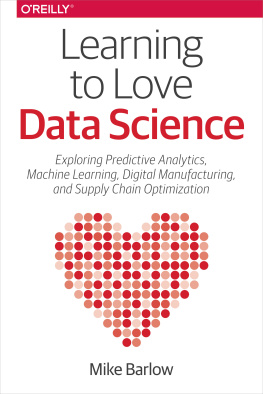
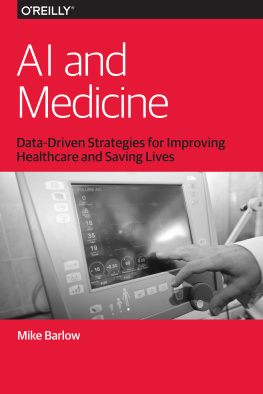
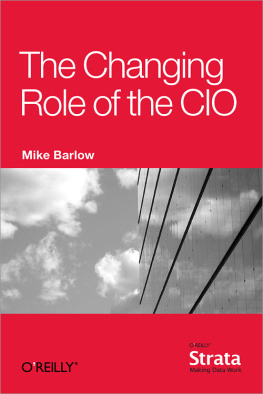
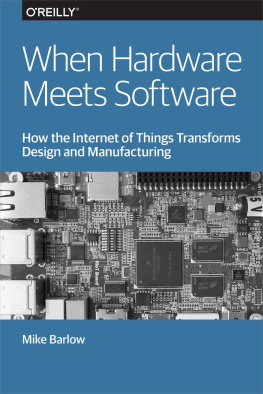
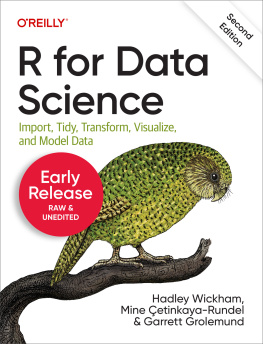
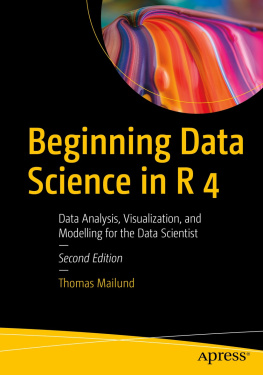
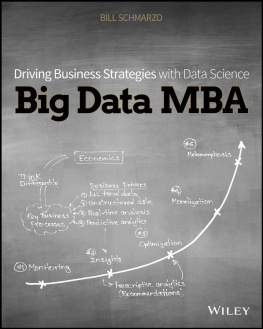
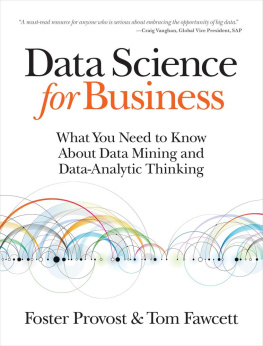

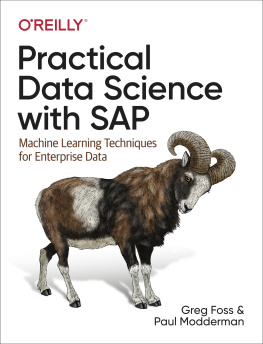
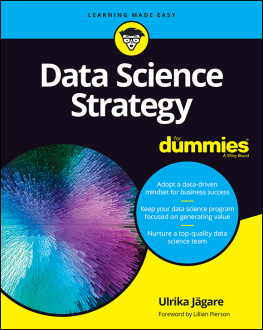
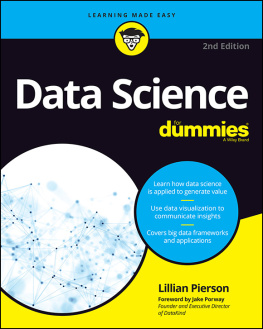
![EMC Education Services [EMC Education Services] - Data Science and Big Data Analytics: Discovering, Analyzing, Visualizing and Presenting Data](/uploads/posts/book/119625/thumbs/emc-education-services-emc-education-services.jpg)
![Mike Barlow [Mike Barlow] - Learning to Love Data Science](/uploads/posts/book/119588/thumbs/mike-barlow-mike-barlow-learning-to-love-data.jpg)
